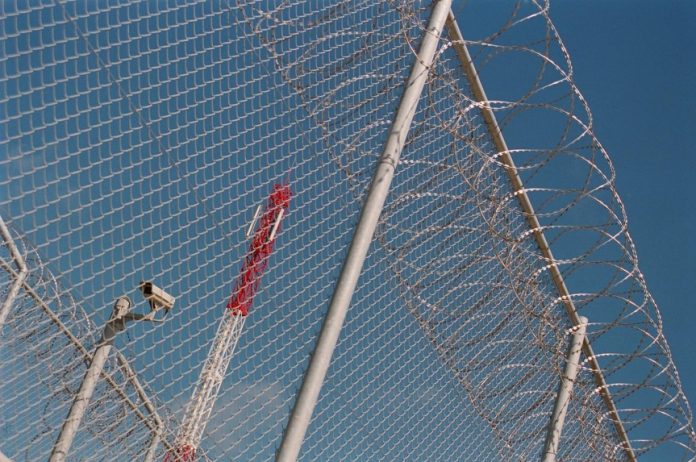The vast majority (86%) of Spaniards support welcoming refugees, according to a new study by the Pew Research Centre. This is the highest percentage of 18 nations surveyed, including 10 EU countries.
According to the survey, only 13% of Spaniards said they would “oppose accepting refugees fleeing violence and war.”
The findings of the Pew study are in line with the European Commission’s recent Eurobarometer survey, which found that 83% of Spaniards agree that refugees should be accepted into the country.
As reported by the Spanish newspaper El País, Spain showed a willingness to find humanitarian solutions to the migrant crisis on the back of events such as the decision to accept 630 migrants on the humanitarian ship Aquarius in June, after it was turned back by Italy and Malta. This gesture was reinforced by the local governments in Valencia and Barcelona, as well as the Catalan regional government, which also offered to take in migrants rejected by Italian and Maltese authorities.
Council of Europe critical of Spain’s treatment of migrants
In other related news, however, Spain is under mounting criticism for how it treats migrants. The Council of Europe’s Special Representative on Migration and Refugees, Tomáš Boček, has criticised Spain in a report after visiting the country.
“It is necessary that the Spanish authorities ensure that CETIs [migrant holding centres] in Ceuta and Melilla have the same standards in terms of living conditions, education, healthcare, language and training courses which asylum-seekers are entitled to and receive in mainland Spain,” he said, in reference to Spain’s exclave cities in North Africa.
In his report, the special representative also condemned the “express deportations” that Spain has carried out at the Ceuta and Melilla borders – i.e. sending migrants straight back to Morocco, instead of processing them in Spain – as well as the difficulty that Sub-Saharan migrants have in entering Spain legally.
Boček, who was in Spain between March 18 and 24 of this year, visited two refugee centres in the peninsula. Known by their Spanish acronym CAR, the centres are run by the country’s ministry of labour, migration and social security. The special representative stated that the centres were at maximum capacity, and that the “standards of accommodation were inadequate,” and below those of the centres in the peninsula.
Given that the conditions “expose [children] to sexual abuse, violence and human trafficking,” he continues in his report, “measures should be taken to include them in the child-protection system of the country.”
Boček was also concerned about the restrictions to freedom of movement applied to the migrants. The ambassador found that, while Ceuta and Melilla form part of the Schengen area, asylum seekers and irregular migrants were unable to travel to the peninsula without permission from the National Police. These restrictions on asylum seekers are “questionable,” writes Boček in his report, on the basis that the European Convention on Human Rights guarantees freedom of movement.
“Without any possibility for legal and safe access to the Spanish territory, persons from sub-Saharan Africa, including women and young children, turn to organized crime networks, hiding in cars or embarking on rafts to gain access to the autonomous cities of Melilla and Ceuta, thereby exposing themselves to risks of trafficking in human beings, violence and sexual abuse.”

